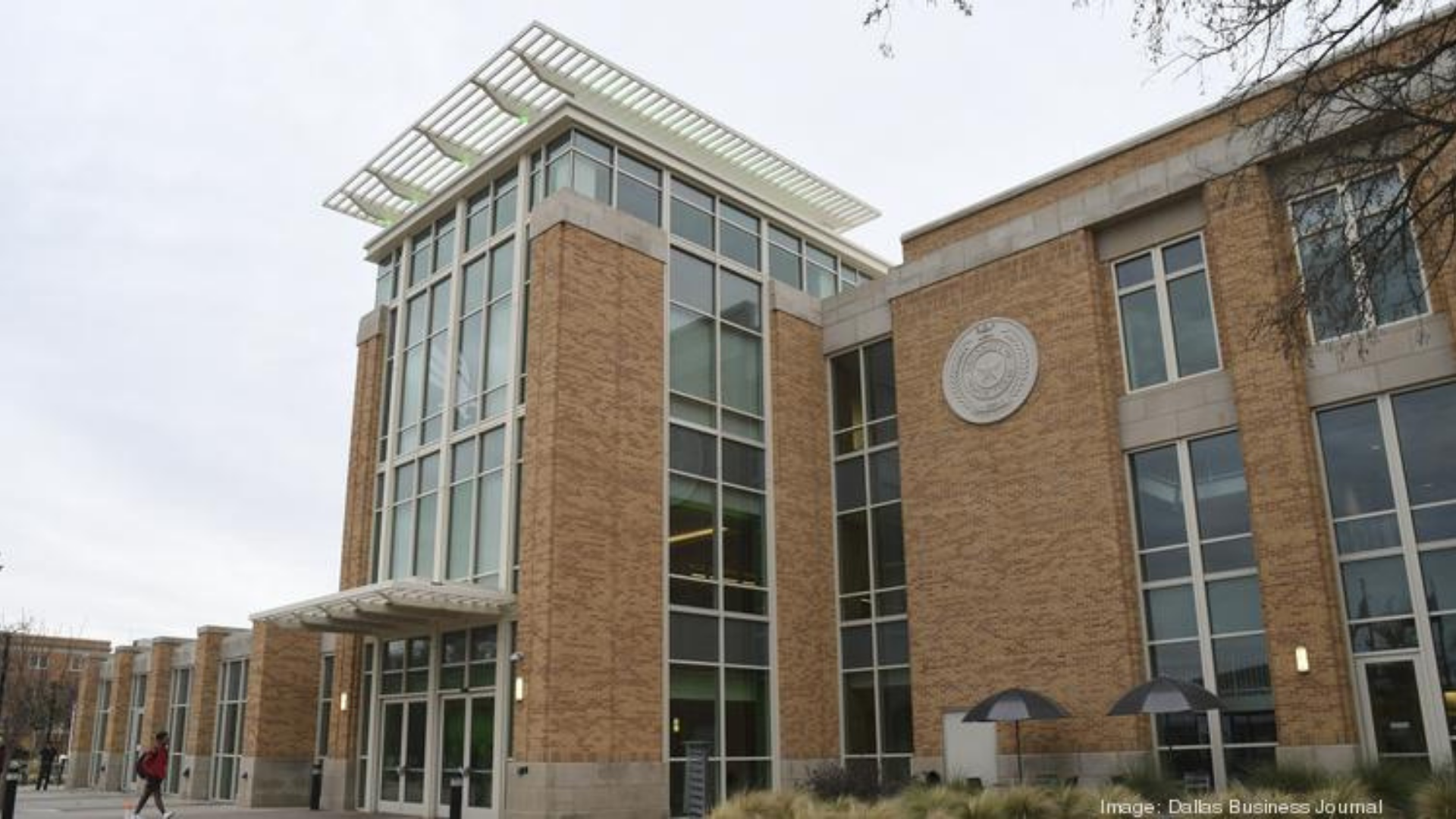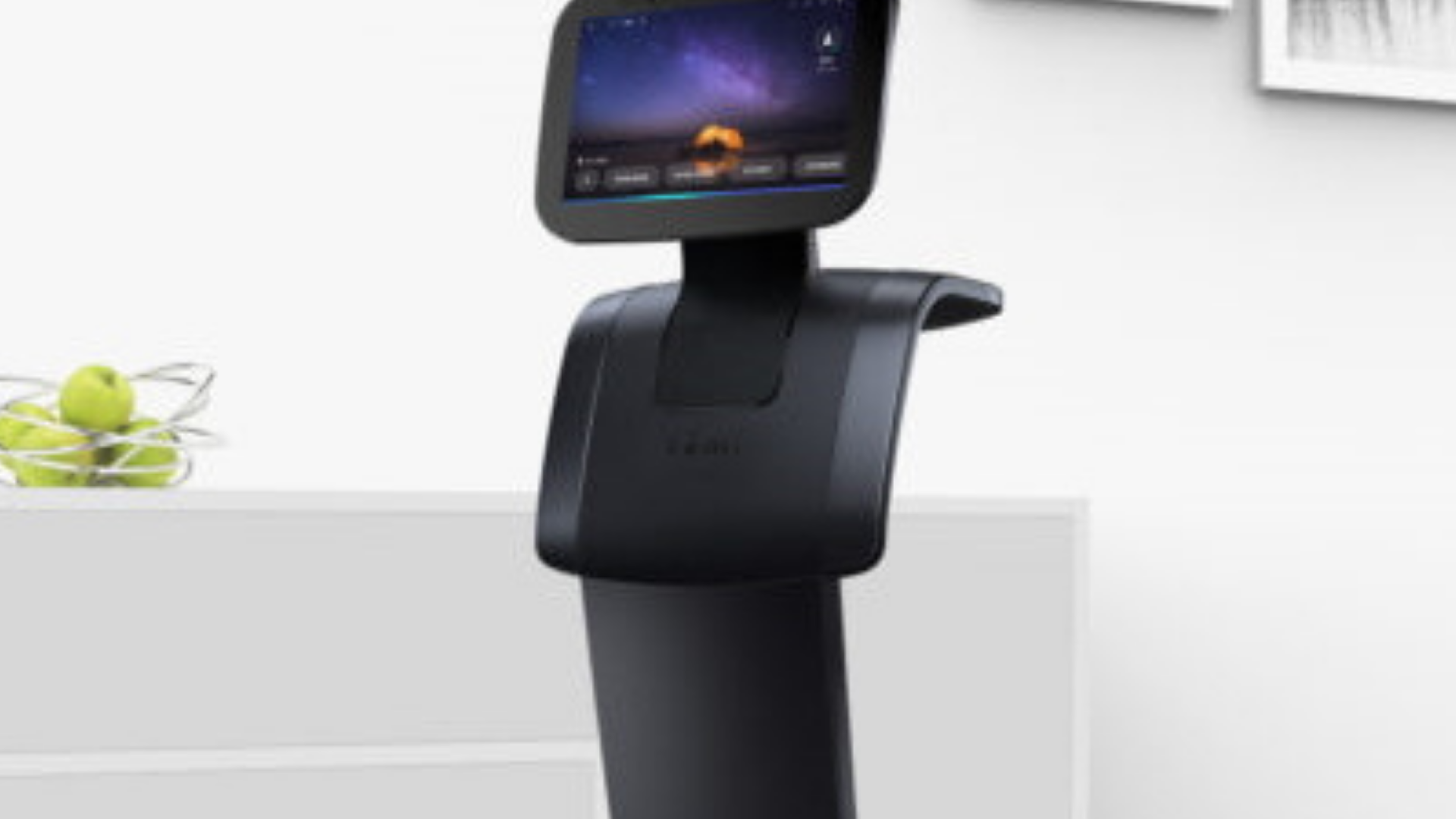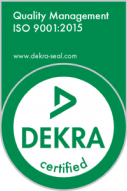The Dallas Business Journal recently published the rankings for COVID-related instructional readiness for Texas colleges and universities as ranked by the non-profit Educate to Career. This year, these national rankings indicate how robust the software and systems for distance learning are at each higher-education institution. Two of the Tier 1-ranked Texas institutions, Texas A&M University – Commerce and Texas Woman’s University, are Columbia Advisory Group IT service customers.
Six North Texas universities scored in the highest tier and two in the lowest tier on a ranking of how adaptable they are to life and learning during the COVID-19 crisis.
Educate to Career, a California-based education nonprofit, ranked four-year schools into tiers based on factors including in-classroom instruction, quality and experience with online learning and other factors.
To be in Tier 1, the highest group, schools had to be able to deliver their full curricula online and in-classroom and have a minimum of three years of experience in delivering online curricula. Educate to Career also weighed each school’s tuition and fees.
The North Texas schools in Tier 1 were University of North Texas in Denton, Texas Woman’s University in Denton, the University of Texas at Arlington, Dallas Baptist University, Texas Wesleyan University in Fort Worth, and Texas A&M University-Commerce.
Other Tier 1 requirements include a physical campus for in-classroom instruction should health authorities allow colleges to open in September, robust software and systems to support distance learning programs, faculty experience in teaching online and reasonable tuitions and fees on a relative basis, according to the rankings.
Tier 2 universities have the systems required to deliver curriculum online and in-classroom. However, college faculty have less experience in delivering online curriculum than Tier 1 colleges.
In North Texas, Southern Methodist University and the University of Texas at Dallas (in Richardson) ranked in the second tier, according to Educate to Career.
No North Texas universities ranked in Tier 3, which is described as universities and colleges that “strongly emphasize in-classroom education over online teaching, and may not offer full curriculum online.”
Two North Texas schools ranked in Tier 4, described as colleges and universities that have “limited systems and experience in delivering online curriculum.”
Those were Texas Christian University and the University of Dallas in Irving.
Spokespeople for those two universities did not immediately respond to an email requesting comment about the rankings.



